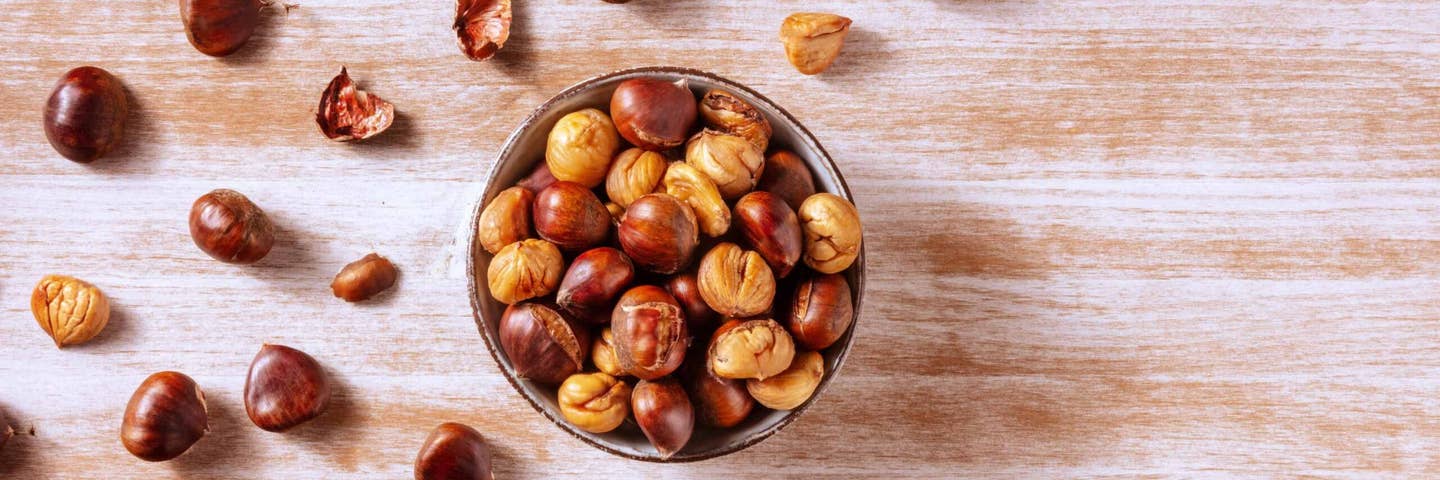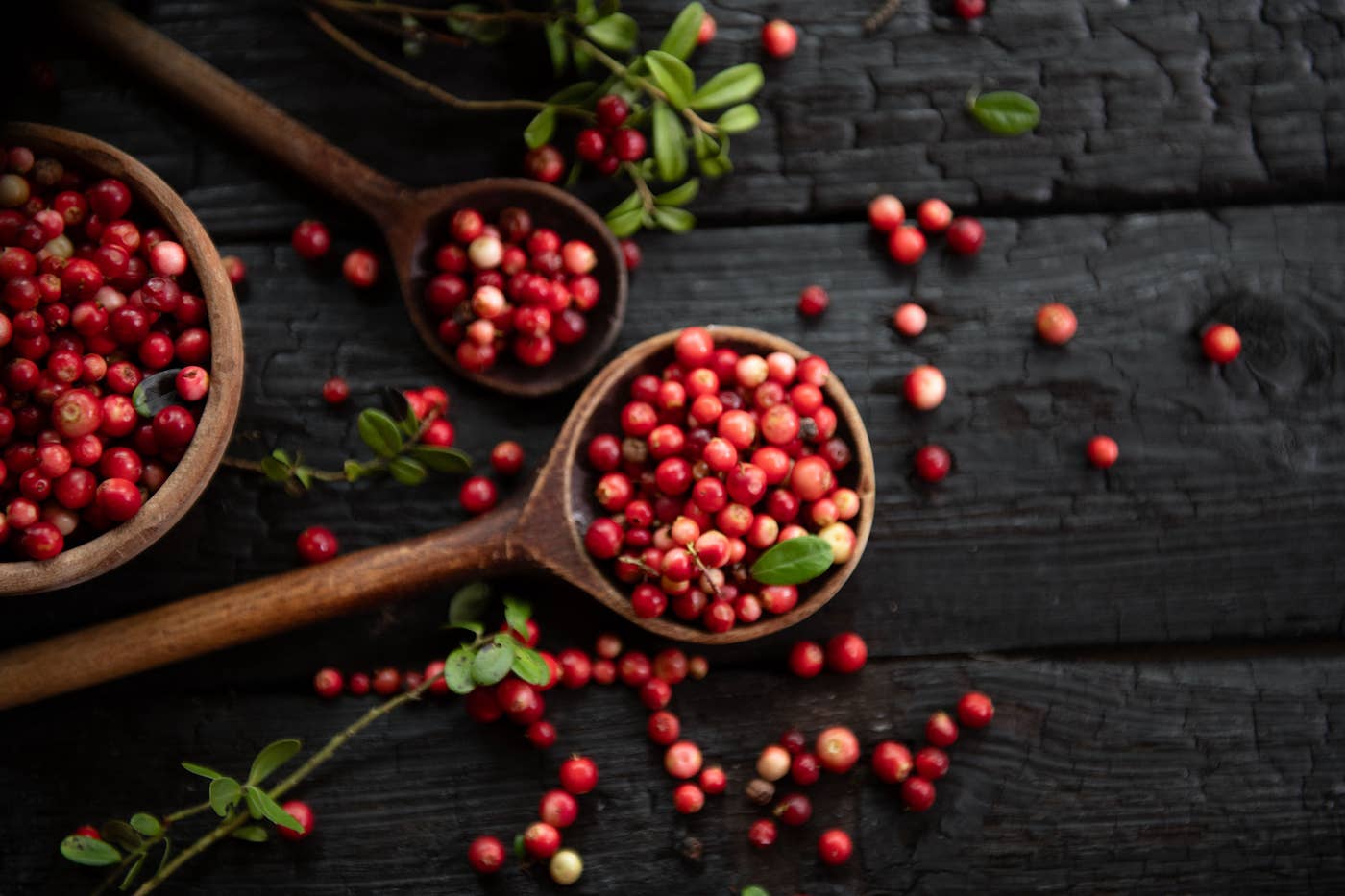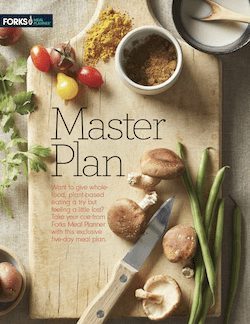Ever started a stir-fry only to realize you don’t have any fresh ginger? Or mixed up a last-minute salsa, only to find you’re out of limes? Never again—when you keep a store of essential flavor enhancers like ginger, lime juice, fresh herbs, and more in your freezer.
The following guide tells you everything you need to know to freeze flavorful recipe ingredients, from the equipment you need to how to measure, pack and store each item so that it tastes as fresh as it did the day you froze it.
What You’ll Need
You most likely already have all the gear you’ll need.
- Rimmed sheet pan (for fruits, vegetables, and thick purées)
- Parchment paper (to keep frozen items from sticking to the sheet pan)
- 1-oz. ice cube trays (for freezing liquids and fresh herbs)
- Freezer-friendly storage such as resealable bags and containers with tight-fitting lids
- Painter’s tape (for easy removal) and a permanent marker for labeling and dating the containers
The Best Foods and Aromatics to Freeze
Those little recipe extras are easy to freeze and keep for months. Plus, they can be stored in large or small quantities depending on what you have on hand.
Fresh Herbs
Parsley, cilantro, basil, and other herbs that come in big bunches will last only a few days in the fridge but can be kept at peak flavor for months when they’re chopped and stored in ice cube trays in the freezer. Simply fill each ice cube compartment with 1 tablespoon fresh herbs, then add just enough water for them to freeze into a cube—no need to fill the tray all the way up to the top with water. Freeze until solid; then transfer the herb cubes to resealable bags or containers. If you freeze herbs on a regular basis, consider investing in a dedicated set of ice cube trays. Ice cube trays can absorb flavors over time; by using a separate set, you avoid the risk of parsley-, basil-, or cilantro-flavored ice water! Freezer storage: up to 6 months.
Citrus Zest
When a recipe calls for citrus zest but not the juice, it’s great to have a supply that’s ready to use. Grate zest from oranges, lemons, and limes before peeling or juicing them. Freeze in small quantities (1 to 2 tablespoons) in freezer containers or resealable bags. The zest can be added directly to recipes just like fresh. Thawed zests will keep 3 to 5 days in the fridge and can be used to add zing to baked goods, stews, and salad dressings. Freezer storage: up to 3 months.
Citrus Juice
The most convenient way to save fresh lemon, lime, and orange juice is to freeze it in ice cube trays. Transfer the cubes to plastic bags once frozen, then simply help yourself to what you need, when you need it. Standard ice cubes measure 1 ounce (or 2 tablespoons) in volume. And don’t forget grapefruit juice! It can be subbed in for another citrus to give recipes a surprising sweet-tart element. Freezer storage: up to 6 months.
Whole Lemons and Limes
When lemons and limes go on sale or are at peak season, pick up some extra and throw them in the freezer whole. The juicy fruits retain their color, texture, and flavor, plus the cold temperatures make them even easier to juice. This is an especially good trick for short-season Meyer lemons and hard-to-find citrus varieties like kaffir limes. Freezer storage: 3 to 6 months.
Fruit Sweeteners
Got leftover applesauce, date paste, or fruit purée from a baking recipe? Extend its storage time by freezing it. Thick purées such as date paste and applesauce can be dolloped by the tablespoon onto parchment-lined sheet pans, frozen, and stored in ready-to-use quantities. Thinner, more liquid fruit purées should be measured into resealable bags or freezer containers. Keep portions under 1 cup so you only have to thaw what you need. Freezer storage: 6 months to 1 year.
Onions, Leeks, Shallots
All the members of the onion family freeze well raw. Simply chop or slice them as desired; then measure 1- or 2-cup portions into freezer bags or containers (1 cup is equivalent to 1 small onion or leek). Because there’s no need to thaw the frozen veggies before using, write the amount on the container so you know how much is in each. Freezer storage: 6 months to 1 year.
Garlic
Frozen, peeled garlic cloves thaw in no time for use in recipes. To prepare for cold storage, spread whole peeled garlic cloves on a parchment-lined baking sheet and freeze until firm. Transfer to a resealable freezer bag or airtight container for storage. Freezer storage: 3 to 6 months.
Fresh Ginger
Place a whole fresh ginger root in the freezer and you’ll always have it on hand when you need it. Plus, freezing the ginger makes it easier to grate or mince on a fine grater because the cold helps break down the fibers in the root. Once you’ve grated the amount you need, simply return the root to the freezer for future use. Freezer storage: 3 to 6 months.
Jalapeños and Other Chiles
Fresh chiles may lose their firm crunch in the freezer, but they retain all their fiery heat. Freeze whole fresh jalapeño, serrano, habanero, and other chiles on a parchment-lined sheet pan until firm. Canned chipotle chiles can be drained, then prepared the same way. Once frozen, store in freezer bags or containers; then thaw what you need and use as directed. Freezer storage: 10 months to 1 year.
Tomato Paste
Very few recipes call for a whole can of tomato paste—and leftovers will only keep 5 to 7 days in the fridge. Freezing the extra means none of that tomato-y goodness goes to waste. Simply scoop 1-tablespoon mounds onto a parchment-lined plate or sheet pan, and freeze until firm. Transfer portions to a bag or airtight container for easy additions to soups, sauces, and stews. Freezer storage: 3 to 6 months.
Vegetable Broth
In a whole-food, plant-based kitchen, vegetable broth gets used for so much more than soups and stews. Fill ice cube trays with homemade or leftover broth; then freeze for use in sauté and stir-fry recipes that call for a small amount of broth or water. Transfer the cubes to resealable bags or airtight containers so that it’s easy to thaw only what you need for a given recipe. Freezer storage: 6 months.
For more guidance in healthy cooking, check out Forks Meal Planner, FOK’s easy weekly meal-planning tool to keep you on a plant-based path. To learn more about a whole-food, plant-based diet, visit our Plant-Based Primer.
Related News
Try Our Top-RatedMeal Planner Free

Forks Meal Planner takes the hard work out of making nutritious meals the whole family will enjoy.
SAVE $200 ON OUR ULTIMATE COURSE

Join our best-selling course at a new lower price!





